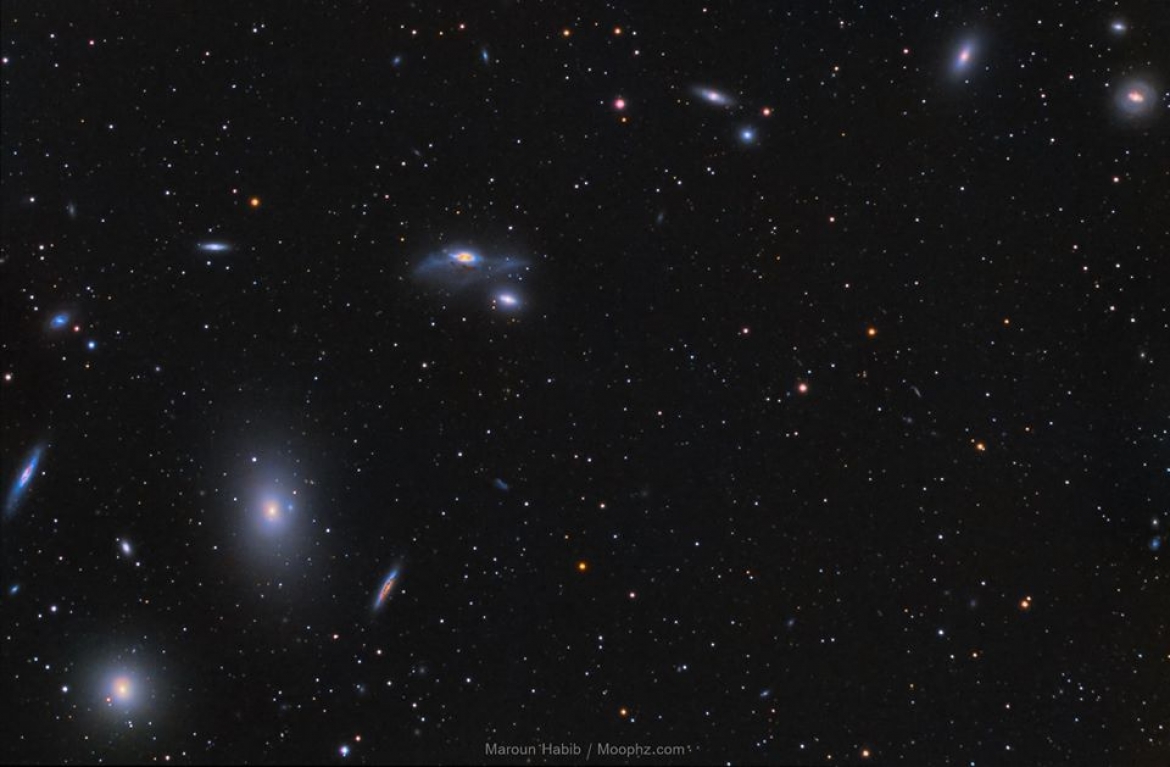Indoor hobbies have boomed during lockdown, and Deep Sky Astrophotography was no exception. One would think this personal hobby is an outdoor activity by excellence (I used to be one of those), but imaging the cosmos from your backyard, balcony or rooftop can be of utter satisfaction from the comfort of your bed.
What is astrophotography anyway?
Astrophotography is the art of taking images of astronomical objects. It has a steep learning curve, yet doesn't require rocket-science and anyone can practice it. There are mainly two types of astrophotography:
1- Landscape Astrophotography (will be discussed in a later post): Capturing the starry night sky along with the ground, it usually requires a regular camera and a lens.
2- Deep Sky Astrophotography (topic of this post): capturing deep field portions of the sky (planetary, solar, galaxies, nebulae, etc...), it usually requires using a telescope.
Here is a list of some astrophotographers who have been nailing it during lockdown:
Maroun Mahfoud / @maroun_mahfoud

Mirdad Wassaf / @mirdadwassaf

Mazen Aoun / @g.k.maz

Michel Makhlouta / @michelmakhlouta

Maroun Habib / @moophz

Daniel Caracache / @dcaracache

Assaad Tadros / @assaad_tadros

Anthony Saab / @anthonysaab

So, what do Astrophotographers do to capture the universe?
Those stunning photos of the cosmos you see on the web, are mostly taken with not-so-fancy telescopes. Astrophotographers combine multiple photos (we call them subframes) across multiple hours (we call it integration time), sometimes multiple nights to produce the final products you see (we call them images). This process of image acquisition is generally automated, and baby-sitting the telescope is rarely needed.
What are really the best places to practice this hobby?
It usually depends, but the best places to capture Nebulae and Galaxies are called Dark Skies. Dark Skies are locations far away from city and street lights, where Artificial Light doesn't interfere with the dim light originating from those galaxies and nebulae. That said, today marks the end of the International Dark Sky Week, a yearly event to celebrate dark skies and raise awareness about the negative side effects of light pollution, which affects: Humans, Plants, Animals, The Environments and earth's resources.
What's next?
To enjoy more of those images, you can drop by SpacedLebanon, and Instagram page dedicated for astrophotography sharing daily images from Lebanon.
To learn more about how to take those images, you can drop by the Facebook group "Creatures of the Night" where future online presentaitons will be shared about this matter.
Until then, stay safe!




Leave a comment!